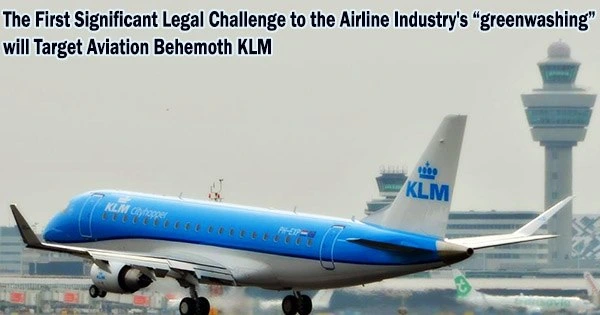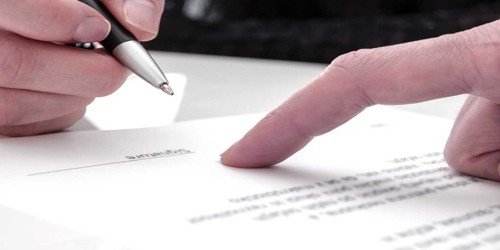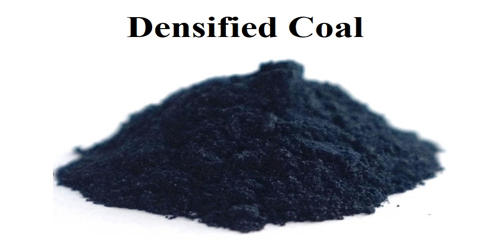Environmental organizations filed a lawsuit against KLM on Tuesday (May 24, 2022), claiming that the Dutch airline is deceiving the public about the sustainability of flying.
It’s believed to be the first time the airline sector has faced criticism for allegedly “greenwashing.”
Campaigners from the Netherlands, Fossielvrij NL, with the backing of Reclame Fossielvrij and environmental attorneys from ClientEarth, claim that KLM’s advertising campaigns and “compensation” plans are illegal under European consumer law because they misrepresent the sustainability of its flights and its strategies for addressing climate change.
The complaint was disclosed to KLM on the same day as the company’s annual general meeting. A spokeswoman for the organization acknowledged receiving the letter and stated that it would be studied.
“Just as the fossil fuel industry is using greenwashing to protect their licence to operate, the aviation sector is using misleading advertising to protect its licence to grow.””
Johnny White (Lawyer at Clientearth)
“KLM’s marketing misleads consumers into believing that its flights won’t worsen the climate emergency. But this is a myth,” said Hiske Arts, campaigner at Fossielvrij NL.
“We’re going to court to demand KLM tells the truth about its fossil-fuel dependent product. Unchecked flying is one of the fastest ways to heat up the planet,” Arts said. “Customers need to be informed and protected from claims that suggest it is not.”
Recent months have witnessed a huge surge in cases involving a wider range of financial and commercial sector participants, and these cases have resulted in a number of notable victories for climate litigation.
The greenwashing action against KLM is regarded as one of the earliest business lawsuits involving airlines, net zero, and carbon offsets.
As a result, it has effectively put the global aviation sector on notice.
Why is KLM facing legal action?
At the crux of the lawsuit is KLM’s so-called “Fly Responsibly” campaign. This is described as KLM’s “commitment to taking a leading role in creating a more sustainable future for aviation” and presents the airline as on track to reduce emissions to net zero by the middle of the century.
The case, according to the environmental organizations bringing the legal action, will contend that KLM’s goal for an ongoing growth in flying conflicts with the urgent action required to ensure a liveable future, making these claims “highly misleading.”
One of the most energy-intensive types of consumption is aviation, and in the future decades, both passenger and cargo demand will increase. With this rise, the aviation industry is projected to come into greater confrontation with the world’s decarbonization objectives.
Leading climate scientists from around the world have consistently stated that in order to prevent the worst effects of the climate crisis, swift and significant reductions in emissions from all sectors will be required.
Sustainable aviation fuels have been hailed by certain airlines as having the potential to lessen the environmental impact of the sector, with the CEO of Airbus hailing hydrogen jets as the “ultimate solution” for the medium and long term.
However, according to research released in March by the advocacy organization Transport & Environment, the aviation industry cannot achieve net zero and reduce its climate effect without reducing the number of flights.
“While climate experts warn we need to reduce air traffic to keep a just and liveable world within reach, KLM and the airline industry are continuing to focus on growth at any cost and lobbying intensively against climate regulation,” Johnny White, lawyer at ClientEarth, said in a press release.
“It’s now or never for climate action. Airlines cannot be allowed to compete for business on claims that they are tackling the climate crisis, when the reality is they are fuelling it.”
Since merging in May 2004, Air France-KLM has become one of Europe’s largest airlines. Together, the two airlines carry approximately 77 million passengers per year.
Air-France KLM on Tuesday launched a 2.26 billion euro ($2.4 billion) share sale in a bid to strengthen the firm’s balance sheet and repay some French state aid. The company wanted to increase its financial independence and reclaim its strategic and operational flexibility, according to CEO Ben Smith.
“As the recovery continues and our economic performance recovers … we want to be in a position to seize any opportunity in a changing aviation sector and to be able to accelerate our environmental commitments,” Smith said in a statement.
Shares of Air France-KLM traded more than 13% lower on Tuesday afternoon. The firm’s stock price is down around 2% year-to-date.
Carbon offsets
KLM promised in October of last year to align its carbon emission reduction goals with the historic Paris Agreement along with Air France-KLM and Air France.
In the 2015 Paris Climate Agreement, governments from around the world committed to keeping global warming far below 2 degrees Celsius and pursuing measures to keep it below 1.5 degrees Celsius.
The environmental groups targeting KLM also note the firm’s “Fly Responsibly” campaign includes offers for customers to buy a carbon offset product, referred to as “CO2ZERO.” This is a voluntary service to help KLM’s customers reduce their impact by paying toward projects or KLM’s purchase of biofuels.
They contend that the promotion of these products to customers undermines the need for immediate climate action and that these products do nothing to mitigate the harm that the airline sector does to the climate.
Yes, it has been determined that only 1% of the global population is responsible for 50% of the emissions from commercial flying.
“Flight emissions cannot be ‘compensated’ if customers just pay extra to plant trees or give money towards the cost of false solutions like what the industry calls ‘sustainable aviation fuels.’ With these messages KLM continues to throw sand in our eyes,” Fossielvrij NL’s Arts said.
“Just as the fossil fuel industry is using greenwashing to protect their licence to operate, the aviation sector is using misleading advertising to protect its licence to grow,” ClientEarth’s White said. “We need legislation to finally put an end to these delaying tactics for good.”
















